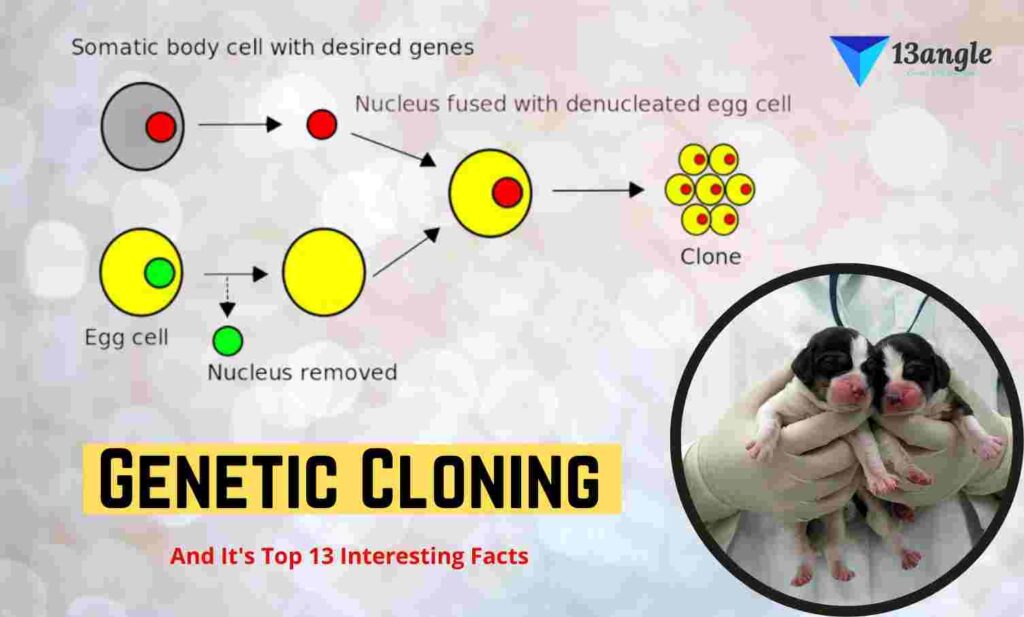As a science student, genetics has always been a key issue in a scientific sense; think of it as a chapter of chromosomes or genes that causes us to be genetically similar to our parents. Genetic cloning, in my opinion, is not ethical since the hazards connected with reproductive cloning in humans carry a substantial chance of death. The procedure’s safety and efficacy, cloning for destructive embryonic stem cell research, the implications of reproductive cloning on the child/parent bond, and the monetization of human life as a research product are all issues that need to be addressed. Other philosophical concerns about the nature of reproduction and human identity have also been highlighted, which reproductive cloning may violate.
Creating a person who is genetically similar to another has sparked debate throughout the societal spectrum. There are a number of dangers to which humanity may be exposed if reproductive cloning is granted the rights that come with worldwide legitimacy on the one hand and widespread agreement on the other. Genetics, the science of organisms’ heredity, revealed that genes are the genetic components of generations, made up of nucleic acids, macromolecular chemical compounds made up of smaller units called nucleotides, whose quantity and sequence differ from one species to the next. Because cloning may be used to generate “better” humans, breaching ideals of human dignity, freedom, and equality, the widespread belief that the human species could be enhanced through the selection of individuals holding desirable features has also appeared.
Cloning is an ethically unacceptable concern because it goes beyond the scope of humans’ role in scientific inquiry and development. These limits are determined by either God or nature (which is why cloning is forbidden since it is referring to God’s work). Another ethical question concerns whether a clone might ever become self-sufficient. Is it OK to create a person who will constantly be reliant on others? The desire for a clone stems from a desire to create a duplicate of someone. When it comes to replicating a person, most individuals consider all aspects of that person, including personality. Personality, on the other hand, is not entirely determined by genetics. While genetics have a role, it’s more about how predispositions interact with environmental factors.






